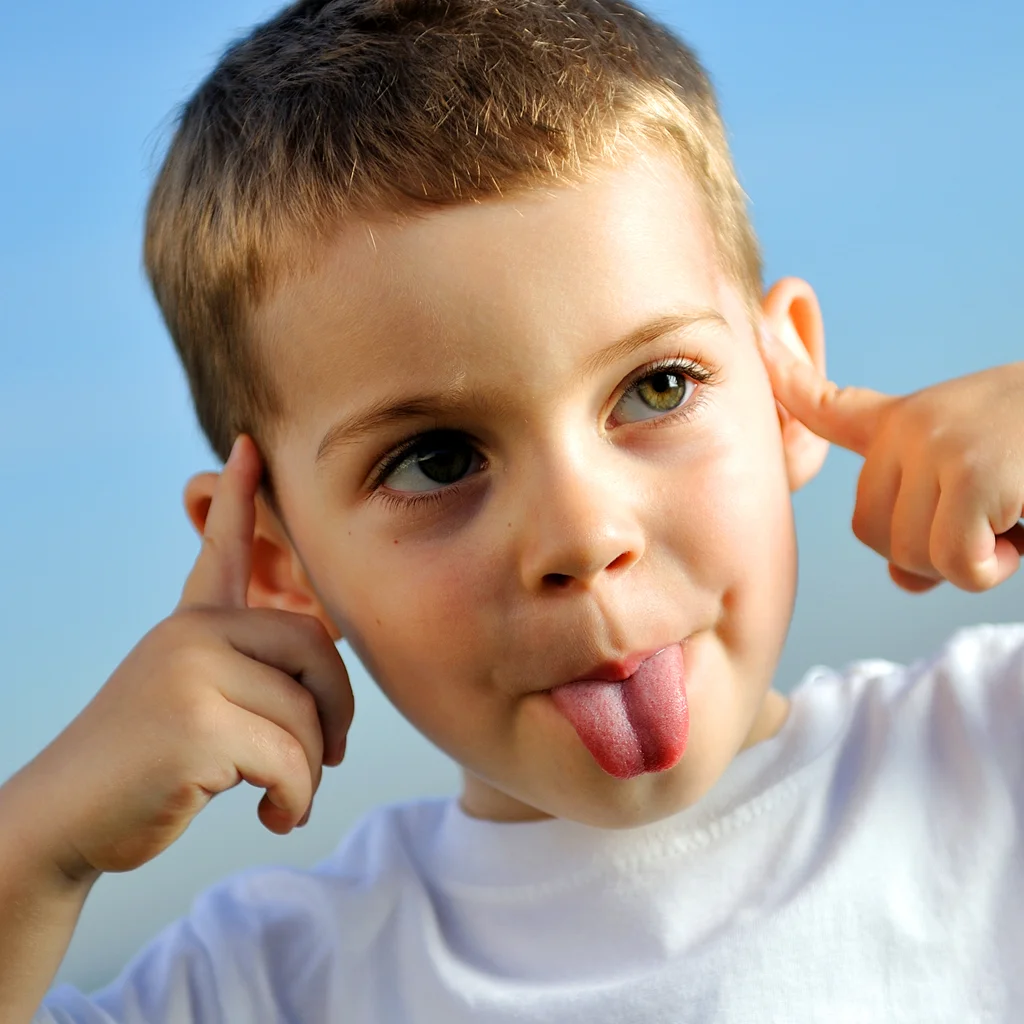What Makes Children Misbehave?
Misbehavior can be a reaction to food, environment, miscommunication, need for attention, need for freedom or household changes. Careful observation can help determine which area may be causing children to act out, in order to better assist them through their struggles.
Read More








What Does It Take To Do A Good Parenting Job?
Just like any job, raising children comes with a list of requirements. These requirements allow for a positive parenting experience, beneficial to everyone. But while anyone may muster up some of these traits, it is mastering them that will turn them into parenting super powers.